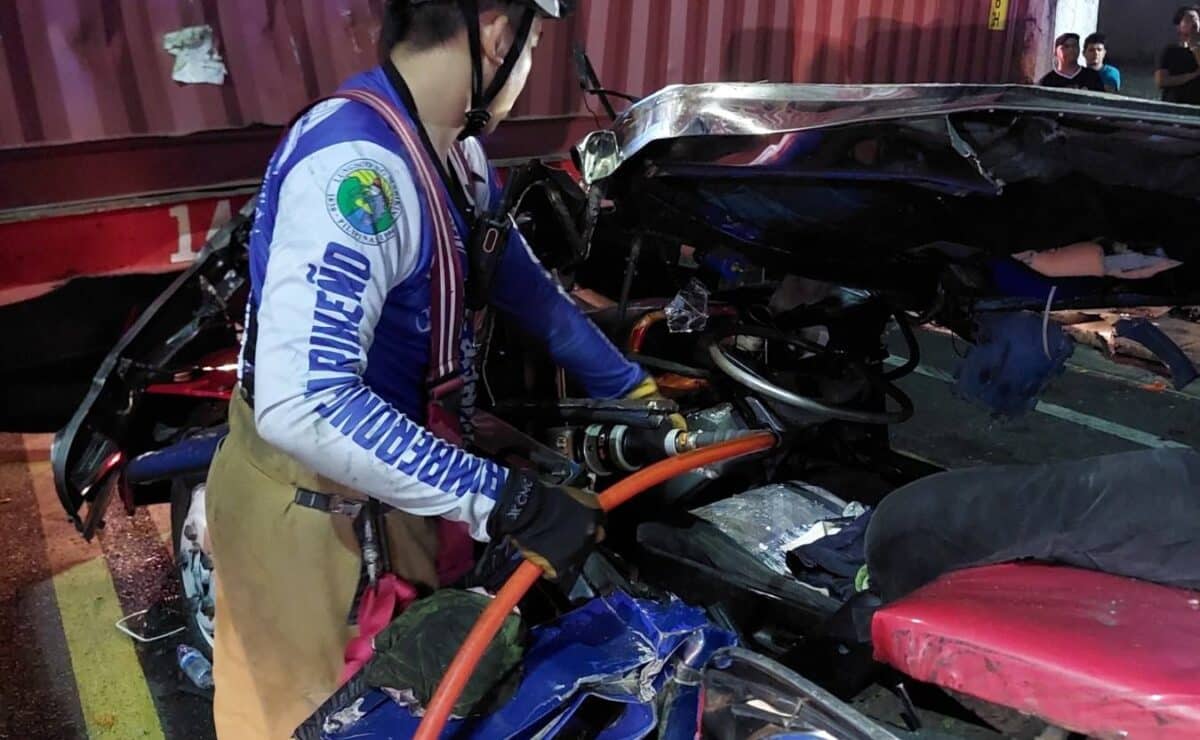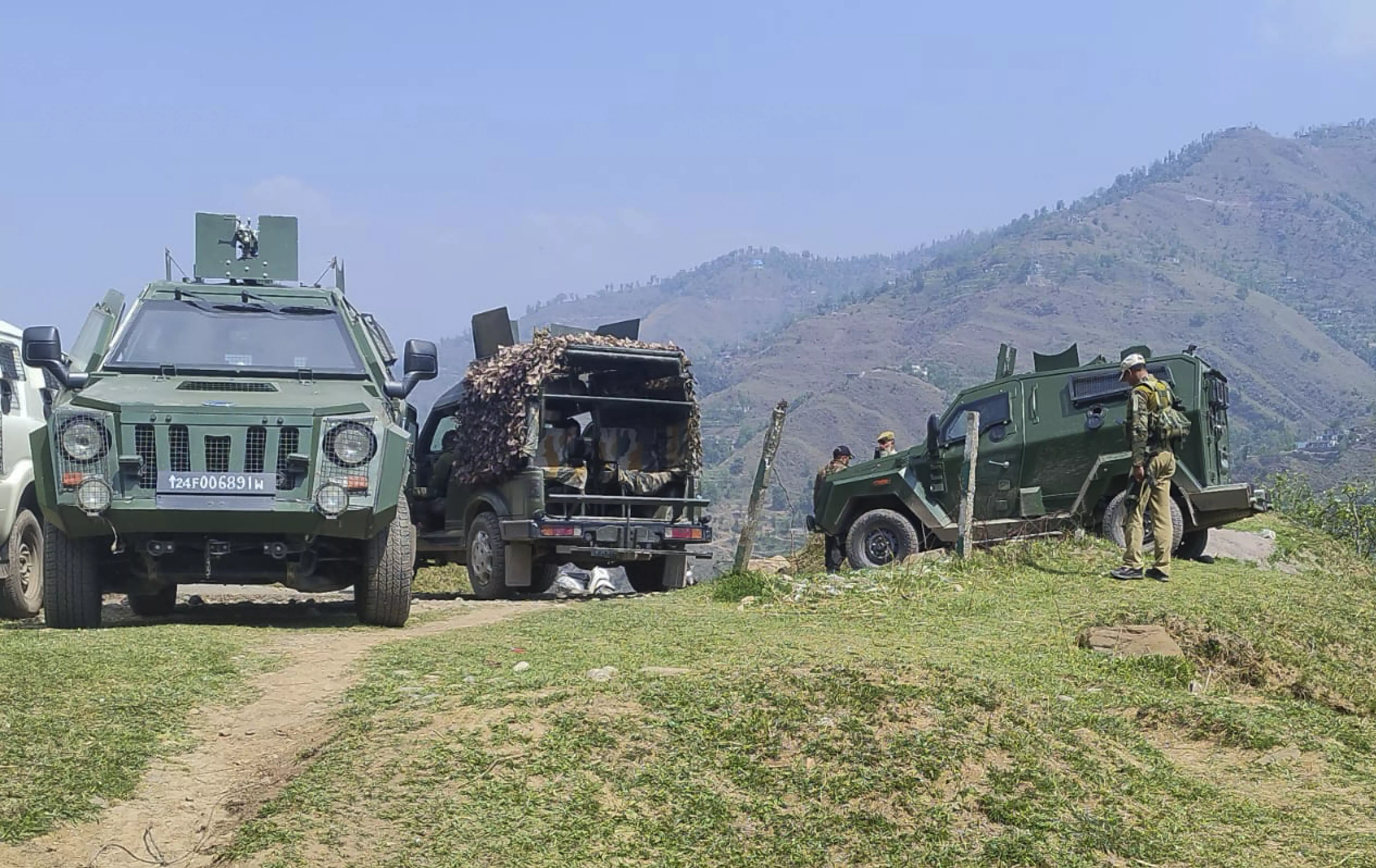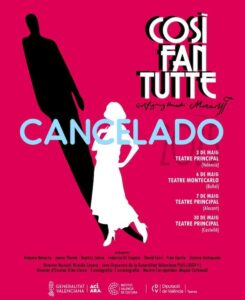But there are certain familiarities here. Winner of the special jury prize at Venice, April swells with the sort of grand visual gestures that have long characterised European art-house cinema. A cut to poppies in rural spring.
Images of a golem ploughing through the foliage. Most strikingly, a huge shot of clouds building and then emptying rain on the Caucasian wilderness. It is comforting to know someone still believes in the audience’s patience.

All this surrounds the sort of story that, in the hands of a Dardenne or a Loach, could have developed in small-scale and close-focused fashion. Before we get there we experience a perplexing image of a hulking beast, nobbled in its vague humanity, existing to the sounds of playful children and babbling water. The wheezy breathing suggests vulnerability rather than threat – the sense of a troubled soul in an unfriendly world.
Perhaps a troubled soul about to enter that world. Speaking of arrival, we are then flung into that graphic birth scene. No doubt the director, who spent a year researching in maternity hospitals, expects us to be grown up about the ripping flesh and unhappy yells.
But she will also accept that some recoil is natural. Here is a slice of the human journey too many of us know little about. Nina (Ia Sukhitashvili), a skilled obstetrician, is juggling intersecting crises in her native Georgia.
That baby is born dead. The bereaved father, apparently unhappy that a woman was in charge, is intent on putting the blame on our protagonist. [ April director Dea Kulumbegashvili: ‘The woman was still alive, but they already knew they would not be able to save her’ Opens in new window ] It does not help that she is known for performing abortions on what seems a semi-legal basis.
The procedure is permitted in Georgia, but women can find it enormously difficult to access services. There is a sense of a professional driven to renegade status just for attempting a humane approach to women’s healthcare. Kulumbegashvili, whose first feature, Beginning, was a hit at Cannes, is not the sort of film-maker to turn her heroine (if that’s what she is) into a bland secular saint.
Nina is not above picking up strangers in the wilderness for anonymous sex. She has a severe manner that allows few clues as to her motivations. There is something of Cristian Mungiu’s Romanian social naturalism about the film’s investigation of bureaucratic misogyny up and down the hierarchies.
As the film progresses we get the sense, familiar in this country and others, that the authorities favour a strategy of pretending more awkward problems don’t exist. If we just shuffle by, close to the wall, the direst consequences may be avoided. Nina greets this with something between ennui and weary fury, Yet the lasting impressions from April are not the intricacies of these arguments.
What stick in the brain are the impressionistic flourishes and the moments of austere bravado. Sometimes those serve the theme. A lengthy abortion sequence, in which only middle sections of the patient’s body are seen, presses home the fleshy, uncomfortable realities of the argument (and offers a complement to the earlier birth, of course).
The mysterious supernatural humanoid asks weirder questions. And that brooding storm is among the most impressive sequences in any film this year. We have a new cinematic poet in Kulumbegashvili, and she doesn’t care if the stanzas rhyme.
Difficult. Abrasive. Worth persevering with.
In cinemas from Friday, April 25th Donald Clarke, a contributor to The Irish Times, is Chief Film Correspondent and a regular columnist.
Entertainment

April review: This five-star film is difficult and abrasive, but it’s also cinematic poetry

Dea Kulumbegashvili’s sprawling meditation on gynaecological morality is unlike anything else in cinemas















